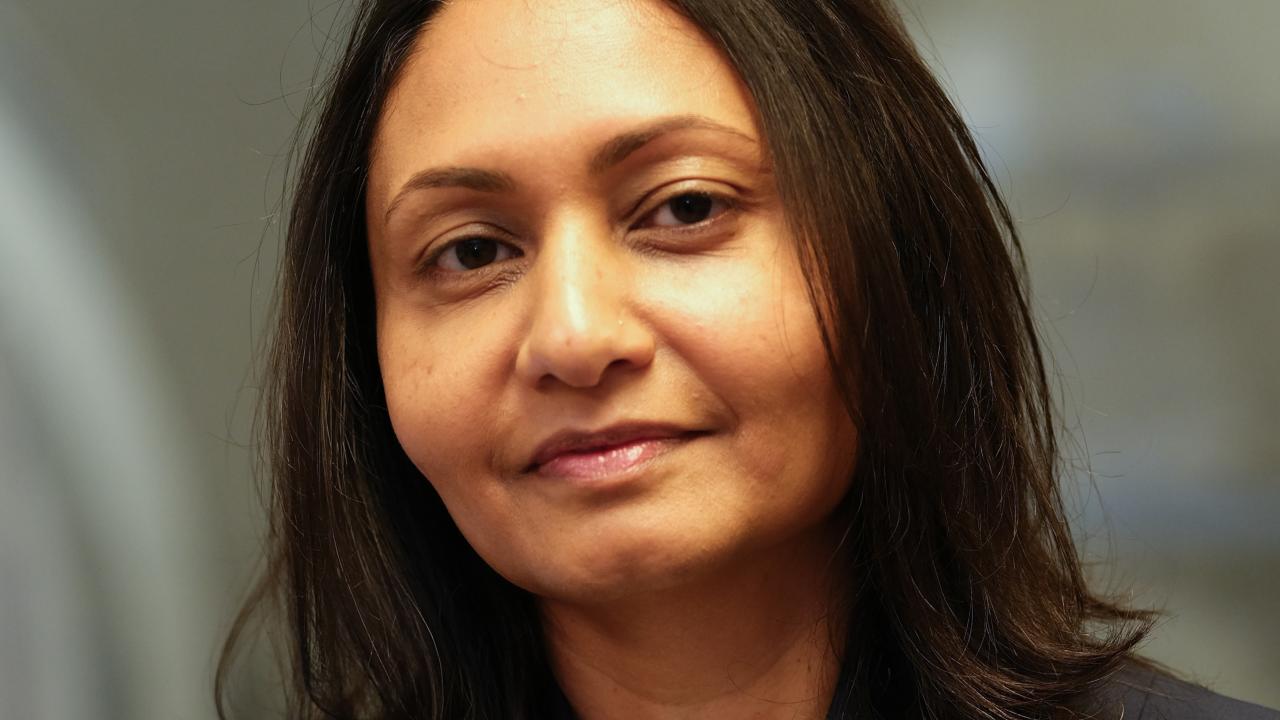
Event Date
A recording of this presentation is available here.
LUCINA Q. UDDIN, PHD
Professor, Department of Psychiatry and Biobehavioral Sciences, Department of Psychology
Director, Brain Connectivity and Cognition Laboratory
Director, Center for Cognitive Neuroscience Analysis Core
Semel Institute for Neuroscience and Human Behavior
University of California Los Angeles
Host: Audrey Fan, PhD, apfan@ucdavis.edu
This is an in-person event. Please register here: https://tinyurl.com/Neuroeng-Oct24

Registration for remote attendance is limited to colleagues from the Sacramento campus and those working remotely: https://tinyurl.com/NeuroengOct24
Abstract
Many agree that, because human brain function is context-dependent and interactionally complex, we should embrace brain networks as the functional units of interest. A more contentious issue for the field, however, is how to define brain networks in ways that will facilitate further discovery. Important questions that I will address include: What constitutes a brain network? What are the spatial topographies of commonly observed brain networks? How many brain networks exist? Can a taxonomy of brain networks be delineated? What naming conventions and terminology should be adopted to facilitate communication amongst scientists? A brain network that goes by multiple names obscures potential insight into functional brain organization. Building a universal taxonomy of large-scale brain networks will help us reach the goal of making progress along the lines of understanding dynamics, decentralized computation, and emergence in the brain.
Bio
After receiving a Ph.D. in cognitive neuroscience from the Psychology Department at the University of California Los Angeles, Dr. Uddin completed a postdoctoral fellowship in the Child Study Center at New York University. For several years she worked as a faculty member in Psychiatry & Behavioral Science at Stanford University. She recently returned to UCLA where she currently directs the Brain Connectivity and Cognition Laboratory and the Center for Cognitive Neuroscience Analysis Core in the Semel Institute for Neuroscience and Human Behavior. Within a cognitive neuroscience framework, Dr. Uddin’s research combines functional and structural neuroimaging to examine the organization of large-scale brain networks supporting the development of executive function. Her current projects focus on understanding dynamic brain network interactions underlying cognitive inflexibility in neurodevelopmental conditions such as autism spectrum disorder.
